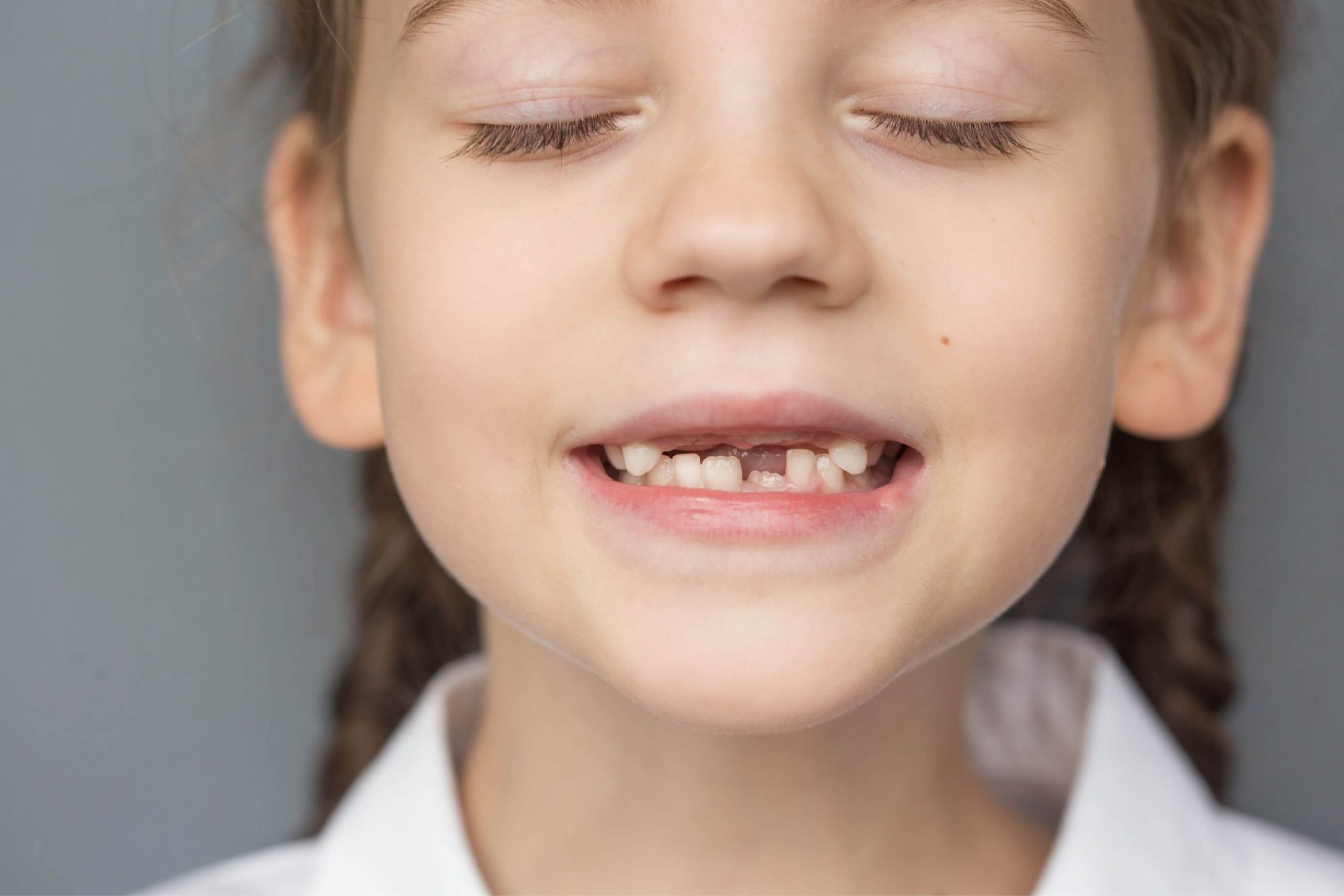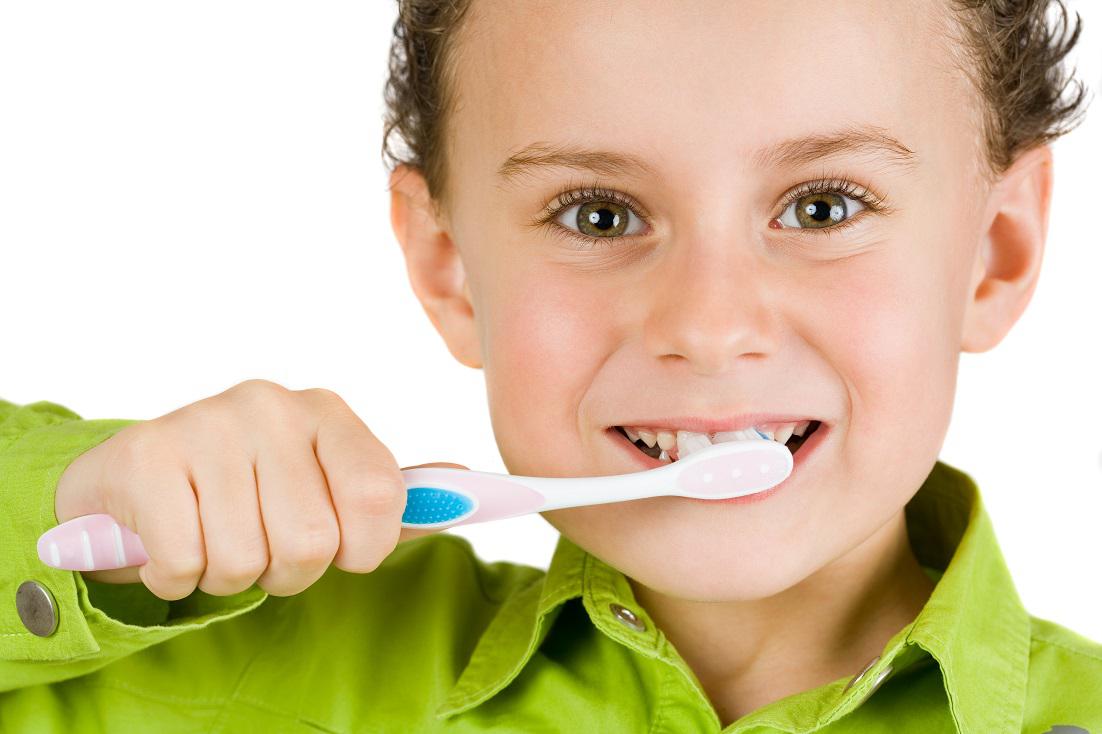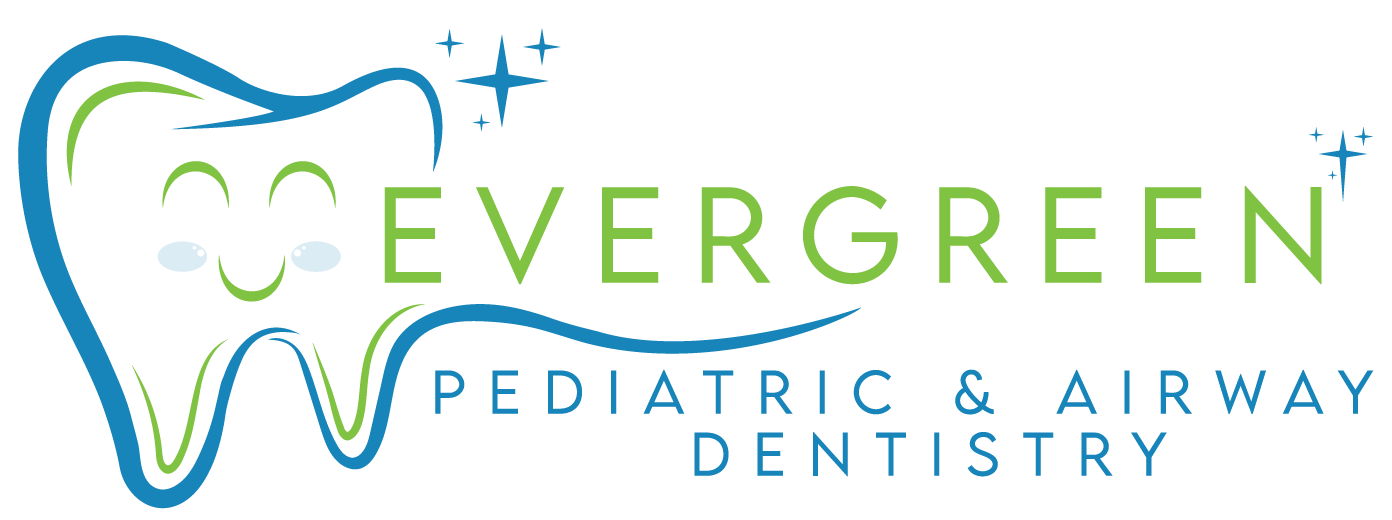Tiny Teeth, Big Care: Understanding Pediatric Dentistry
As parents, we often put our children’s health and well-being above everything else. From ensuring they eat their fruits and vegetables to making sure they get enough exercise, we go above and beyond to keep them healthy. However, one aspect that is sometimes overlooked is dental care for children.
It’s easy to think that since baby teeth are temporary and will eventually fall out, they don’t require the same level of care as permanent teeth. But the truth is, pediatric dentistry plays a crucial role in not only maintaining your child’s oral health, but also their overall health.
In this blog, we’ll dive into the world of pediatric dentistry and discuss its importance in ensuring our little ones have healthy and happy smiles. From the basics of baby teeth to the common dental issues faced by children, we’ll cover it all. So buckle up and get ready to learn about Tiny Teeth and Big Care!
Why Pediatric Dentists Matter
Pediatric dentistry is a vital field that focuses on the oral health of children from infancy to adolescence. It goes beyond just physical care, considering the emotional and psychological well-being of young patients. These specialized dentists handle a range of unique dental issues that children may face, making them crucial for overall health and development.
One of the primary reasons why pediatric dentists matter is their expertise in addressing dental problems specific to children. From teething to cavities, and even more complex conditions like delayed tooth eruption or abnormal bite, pediatric dentists possess the necessary knowledge and experience to diagnose and treat these issues effectively. Moreover, they excel in communicating with children in a way that helps them feel comfortable and at ease, alleviating any fear or anxiety they may have about dental visits.
In addition to their technical skills, pediatric dentists play a crucial role in educating parents and caregivers on maintaining good oral hygiene for their children. This includes teaching proper brushing and flossing techniques, promoting healthy eating habits, and emphasizing the importance of regular dental check-ups. By instilling these habits early on, pediatric dentists help prevent future dental problems and promote overall health in children. They also provide valuable resources for parents, offering information and guidance on how to best care for their child’s oral health. In this way, pediatric dentists positively impact not only the individual child but their entire family.
Pediatric dentistry is an exciting and dynamic field that prioritizes the unique needs of young patients. By combining technical expertise with a gentle and engaging approach, these dentists ensure that children receive the best possible oral care, laying the foundation for a lifetime of healthy smiles.

Children’s Oral Health and Pediatric Dentistry
The Role of a Pediatric Dentist
The role of a pediatric dentist is multi-faceted, encompassing both preventive and restorative care for children’s oral health. Some of the key responsibilities that pediatric dentists have include:
- Monitoring tooth development: Pediatric dentists closely monitor the growth and development of baby teeth to ensure they are coming in correctly and on time. They also keep an eye out for any abnormalities or issues that may require treatment.
- Conducting dental exams: Regular dental check-ups are crucial for maintaining good oral health. Pediatric dentists perform thorough examinations to detect any early signs of tooth decay or other dental problems, allowing for prompt treatment.
- Providing preventive care: In addition to regular check-ups, pediatric dentists offer preventive treatments such as sealants and fluoride treatments to help protect children’s teeth from cavities.
- Treating dental issues: If a child does develop a dental problem, pediatric dentists have the skills and experience to provide appropriate treatment. This may include filling cavities, performing root canals on baby teeth, or addressing any other oral health concerns.
- Educating parents and caregivers: As mentioned earlier, pediatric dentists play a crucial role in educating parents and caregivers on how to best care for their child’s teeth. This includes providing guidance on diet, oral hygiene practices, and the importance of regular dental visits.
- Monitoring orthodontic concerns: While not all children will require orthodontic treatment, pediatric dentists keep an eye out for any potential issues with tooth alignment or bite that may require intervention in the future.
With their specialized knowledge and expertise, pediatric dentists play a critical role in keeping children’s teeth healthy and promoting overall well-being. They work closely with parents and caregivers to ensure that young patients receive the best possible care tailored to their unique needs.
Common Dental Issues in Children
Although dental problems can affect anyone at any age, children are particularly vulnerable due to their developing teeth and habits. Some of the most common dental issues faced by children include:
- Tooth decay: Also known as cavities, tooth decay is one of the most prevalent dental problems in children. It occurs when bacteria in the mouth produce acid that erodes the outer layer of the tooth, leading to a cavity. Poor dental hygiene and excessive sugar consumption are common causes of tooth decay in children.
- Teething: This is the process in which a child’s baby teeth start to emerge from their gums. It can be uncomfortable and sometimes painful for young children, causing them to become irritable and have difficulty eating or sleeping.
- Thumb sucking: While thumb sucking is a natural reflex for infants, prolonged thumb sucking can lead to dental problems. It can cause misalignment of teeth and affect the development of the jaw.
- Tongue thrusting: Similar to thumb sucking, tongue thrusting occurs when a child pushes their tongue against their teeth while swallowing. This can also cause alignment issues and affect speech development.
- Early tooth loss: Children can lose their baby teeth prematurely due to accidents or dental issues such as tooth decay. This can lead to problems with speech, bite, and the development of permanent teeth.
- Bruxism: Also known as teeth grinding, bruxism is a common condition in children that can cause headaches, jaw pain, and worn down teeth. It often occurs during sleep and can be caused by stress, misaligned teeth, or other factors.
Pediatric dentists are trained to diagnose and treat these and other common dental issues in children effectively. By addressing these problems early on, they can prevent more extensive dental problems in the future and promote optimal oral health for young patients. Overall, pediatric dentists play a crucial role in keeping children’s smiles healthy and happy.

Dental Development in Children
The Importance of Baby Teeth
Baby teeth may appear unimportant, but they play a crucial role in a child’s overall health. They act as placeholders for adult teeth and aid in speech development. Additionally, healthy baby teeth enable proper chewing, digestion, and nutrient absorption.
To ensure strong and healthy baby teeth, proper oral hygiene habits should start early. Even before the first tooth appears, parents should gently clean their child’s gums with a clean, damp cloth after feeding. Once the first tooth erupts, a small, soft-bristled toothbrush should be used to brush the teeth twice a day. This establishes good oral care habits for the future.
It’s worth noting that baby teeth are more susceptible to cavities and decay due to their thinner enamel. Neglecting their oral hygiene can lead to tooth decay in children, spreading to other teeth and causing discomfort. This can also result in dental problems like crooked teeth or malocclusion. Thus, taking care of baby teeth is crucial for a child’s oral health and development.
Parents should educate themselves on proper oral hygiene techniques and instill these habits in their children. Regular visits to the dentist for check-ups and cleanings are also vital in maintaining healthy baby teeth. These visits help identify potential issues early on and prevent dental problems.
By following these practices, parents can ensure their child’s baby teeth remain strong and healthy, paving the way for a lifetime of good oral health. Remember, baby teeth may be temporary, but their impact is long-lasting.
Tips for Maintaining Healthy Teeth in Children
Maintaining healthy teeth is crucial for children’s overall well-being. In addition to regular visits to the pediatric dentist and proper oral hygiene, parents can adopt various strategies to support their children’s dental health. Here are some engaging tips to consider:
- Limit sugary snacks and drinks: Sugar is a major contributor to tooth decay in children. By reducing or avoiding sugary snacks and drinks, you can significantly minimize the risk of cavities.
- Encourage drinking water: Water not only promotes overall health but also helps wash away food particles and bacteria from the teeth, keeping them clean and healthy.
- Use fluoride toothpaste: Strengthen your child’s tooth enamel and prevent cavities by using a small amount of fluoride toothpaste (no larger than a pea-sized amount). This simple step can offer added protection for their teeth.
- Consider sealants: Applying thin, protective coatings called sealants to the chewing surfaces of molars can help prevent tooth decay in hard-to-reach areas, ensuring comprehensive dental protection.
- Invest in orthodontic treatment: Early orthodontic treatment can effectively address misaligned teeth or bite issues in children. By correcting these problems, you can enhance their oral health and well-being.
Pediatric dentists play a vital role in ensuring children have healthy teeth and smiles for years to come. By addressing common dental issues, promoting proper oral hygiene habits, and working closely with parents, they contribute to the overall oral health of young patients. Remember, taking care of baby teeth is just as crucial as caring for adult teeth, so start early and make it a priority. By following these strategies, you can pave the way for your child’s lifelong dental health and happiness.

Dental Brushing
Visiting the Pediatric Dentist: What to Expect
Visiting the dentist can be a daunting experience for many kids. But fear not! Pediatric dentists are experts at making children feel comfortable and at ease during their appointments. Here’s what you can expect when you take your little one to a pediatric dentist:
- Kid-Friendly Environment: Pediatric dental offices are designed with kids in mind. Bright colors, fun decor, and engaging activities create a welcoming and playful atmosphere that helps children relax.
- Gentle and Patient Care: Pediatric dentists are specially trained to work with children of all ages, including those with special needs. They know how to approach each child with kindness, patience, and understanding, ensuring a positive experience.
- Thorough Examination: During the first visit, the pediatric dentist will conduct a comprehensive examination of your child’s teeth, gums, jaw, and bite. They may also take X-rays to detect any hidden issues that need attention.
- Education and Guidance: Pediatric dentists don’t just fix dental problems; they also educate children about proper oral hygiene habits. From brushing and flossing techniques to making healthy food choices, they provide valuable guidance for maintaining a bright and healthy smile.
- Preventive Measures: To prevent future dental issues, pediatric dentists may recommend fluoride treatments or dental sealants. These protective measures help shield your child’s teeth from decay and ensure long-term oral health.
- Positive Reinforcement: Pediatric dentists understand the power of positive reinforcement. They use praise, rewards, and encouragement to motivate children to maintain good oral hygiene habits and make dental care a fun experience.
Prioritizing your child’s dental health from an early age sets them up for a lifetime of healthy smiles. By addressing common dental issues, taking care of baby teeth, and regularly visiting a children dentistry center, parents can ensure optimal oral health for their children. So, don’t hesitate to schedule that dental appointment and give your child the gift of a healthy and beautiful smile!
Fun Ways to Teach Children About Dental Care
Teaching children about dental care can be challenging, but it doesn’t have to be dull or boring. With a little creativity and some fun activities, you can make learning about oral hygiene exciting and engaging for your child. Here are some enjoyable ways to teach children about dental care:
- Brush with Music: Play their favorite song while they brush their teeth to make the process more enjoyable and help them brush for the recommended two minutes.
- Create a Game: Make a game out of brushing or flossing. For example, you can pretend to be “tooth detectives” looking for hidden food particles in their mouth.
- Use Visual Aids: Show your child pictures or videos of bacteria and plaque to help them understand the importance of brushing and flossing regularly.
- Make Healthy Snacks Together: Teach your child about the impact of sugary snacks on their teeth by making healthy alternatives together, such as fruit skewers or yogurt parfaits.
- Get Creative with Crafts: Use arts and crafts to teach your child about dental care. For example, you can make a “tooth brushing chart” where they can place a sticker every time they brush their teeth.
Remember to make learning about dental care fun and interactive, so your child stays engaged and interested. By incorporating these tips into your daily routine, you can help instill good oral hygiene habits in your child from an early age. Happy brushing!
Caring for your child’s dental health is an essential part of their overall well-being. By following the tips provided in this guide and regularly visiting a pediatric dentist, you can ensure that your child has a healthy and beautiful smile for years to come. Remember, healthy habits start early, so don’t hesitate to start incorporating these strategies into your daily routine today! So, make sure to prioritize your child’s dental health and give them the gift of a lifetime of healthy smiles. Keep in mind that even though this guide focuses on pediatric dentistry, these tips are also applicable to adults. Take care of your own oral health as well and set a good example for your children by making dental care a family affair. Together, we can promote good oral hygiene habits and ensure optimal dental health for the whole family. So, don’t wait any longer, schedule that dental appointment today and give your child a reason to smile! Remember, healthy teeth lead to happy smiles.
Evergreen Pediatric Dentistry
https://www.google.com/maps?cid=14720788683151219551
12910 Totem Lake Blvd NE #103, Kirkland, WA 98034, United States
(425) 814-3196
https://evergreenkidsdentist.com/


